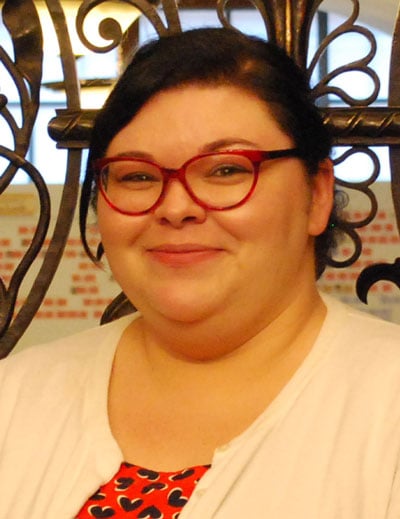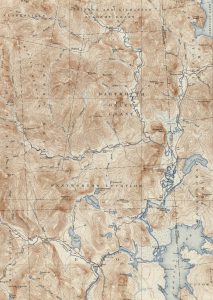When most people learn that I grew up in a town of three hundred people, they’re amazed. Some aren’t aware such small places still exist. Others want to know if we have electricity or modern appliances. (The answer to both questions is yes.) Inevitably, the same criticism arises: “I bet everyone knows everyone, and everything that they’re doing, too.”
I won’t deny that I knew everyone in the town when I lived there. In fact, I still know the majority of the population. Small towns have positive and negative aspects, as do cities. Everyone may know you by sight, and they may know more than you’d like them to about you and your family, whereas cities give you a sense of anonymity. I don’t recognize everyone I meet on the streets of Boston. The same can’t be said of Errol, New Hampshire.
This small town way of life is a nuisance to some. However, it has value, especially to those interested in genealogy. I grew up with the knowledge of where and who I came from, a knowledge that has served me well in exploring my own ancestry. I knew five generations of my maternal line and four generations of my paternal line before I even knew what genealogy was. What’s more interesting is that most people where I grew up share the same knowledge, even though they aren’t related to me.
In many instances, we lose ancestors in small towns. There are several reasons for this. Vital records in these remote, rural locations are less likely to have been digitized or made widely available to the public. These same towns may not have been covered by historical newspapers. We can spend time combing through deeds and probate records, searching for a connection, or we can talk to the people who may already know the answer we’re searching for.
Most small towns have historical societies and public libraries. Even if they don’t, there is usually at least one resident at any given moment who is interested in family and local history. Contacting the town office can give you more information about these entities and people. In the best case scenario, whoever answers the phone may be willing to give your contact information to someone interested in local genealogy.
There may also be local histories or other books available, but locating them may be difficult. Even Errol, as small as it is, published a book to commemorate the 225th anniversary of the town in 1999. The book contains family sketches of most, if not every, historic family residing in Errol at the time, including my own. These books were sold locally after they were printed. An internet search did not locate this book, yet everyone in Errol knows of its existence.
We live in an age where technology reigns supreme, and where bigger is often seen as better. While large, digitized collections allow easy access to materials, they don’t contain every record known to man. If the only information you have is the name of your ancestor in a census or other record, go to the local level. You may be surprised at what you find.
Share this:

About Julie Wilmot
Julie, a native of Errol, New Hampshire, holds a Bachelor of Arts degree in Anthropology with a concentration in Native American Studies from the University of Maine, Orono, and a Master of Arts degree in History and Culture from Union Institute and University. She has worked at the Northeast Archives of Folklore and Oral History in Orono, Maine, and was a presenter at the New England Historical Association Spring 2014 Conference in Springfield, Massachusetts. Her research interests include French-Canadian migration to Northern New England, and international cases.View all posts by Julie Wilmot →
